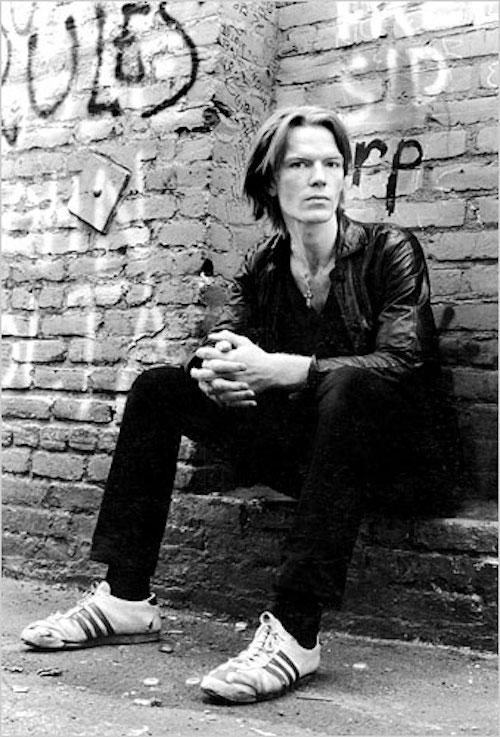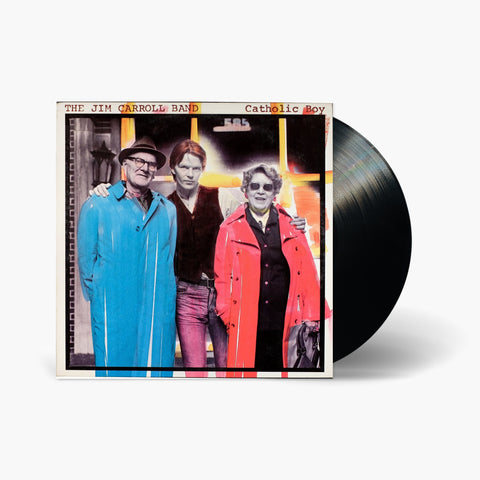The Jim Carroll Band

Bio
Jim Carroll expressed the Bomb-fear anticipation, the optimistic nihilism and glittering darkness of the 1980s that we who were there felt even if we couldn’t communicate it ourselves. When John Lennon was assassinated in front of the Dakota in December 1980, “People Who Died” was one of the most-requested songs on FM radio, just after Lennon’s own “Imagine.” Steven Spielberg chose “People Who Died” to play during the opening scene of E.T. The Extra-Terrestrial. “People Who Died” tapped a mainline. It was a hit even before it was released, and, as Newsweek’s Barbara Graustark noted, it “propelled [Carroll] from underground status… to national attention as a contender for the title of rock’s new poet laureate.”
“People Who Died” wasn’t the only thing that sustained Carroll’s reputation. The first full-length article about him appeared in 1969, when Jim was 19, and he was featured in Rolling Stone as early as 1973–the same year, it was rumored, that he was nominated for a Pulitzer Prize at age 22. The 1980 release of Catholic Boy, along with the re-publication of his cult-classic book The Basketball Diaries, shot Jim and his band into the international spotlight. Catholic Boy, named the second-most-popular album of 1980 by BAM, is now considered one of the last great punk albums. Jim appeared with his band on the variety program Fridays, he was interviewed by Tom Snyder, and he was featured on the MTV series The Roots of Rock, hosted by Lou Reed. Cover stories appeared in Newsweek, New York, Creem, Interview, Melody Maker, Stereo Review, Rolling Stone, Variety, and Penthouse. Playboy even printed a cartoon in which the punchline was, “Ever since the advent of Jim Carroll, ‘I’m a Catholic junkie poet’ seems hipper than ‘What’s your sign.'”
The Jim Carroll Band’s success can be attributed to the powerful combination of pure rock ‘n’ roll with Carroll’s poetic sensibility and ability to write from his own experience, forging a style that articulates the relevance of the individual to the particular, the past to the present. Carroll once said, “There ain’t much time left, you’re born out of this insane abyss and you’re going to fall back into it, so while you’re alive you might as well show your bare ass,” and that’s exactly what he does. Musician, Player and Listener described Carroll as “a transformer, chanting and moaning his litany into something infinitely more palpable than symbols made of sounds.”
When reporters began lining up in droves, wondering, “What’s a Pulitzer Prize nominee doing fronting a rock band?” Carroll was already well-known in underground circles for having lived a life of mythic proportions. One writer observed, “Carroll has his own voice and sound and he earned it the hard way Cassie Carter
- Choosing a selection results in a full page refresh.
- Press the space key then arrow keys to make a selection.
